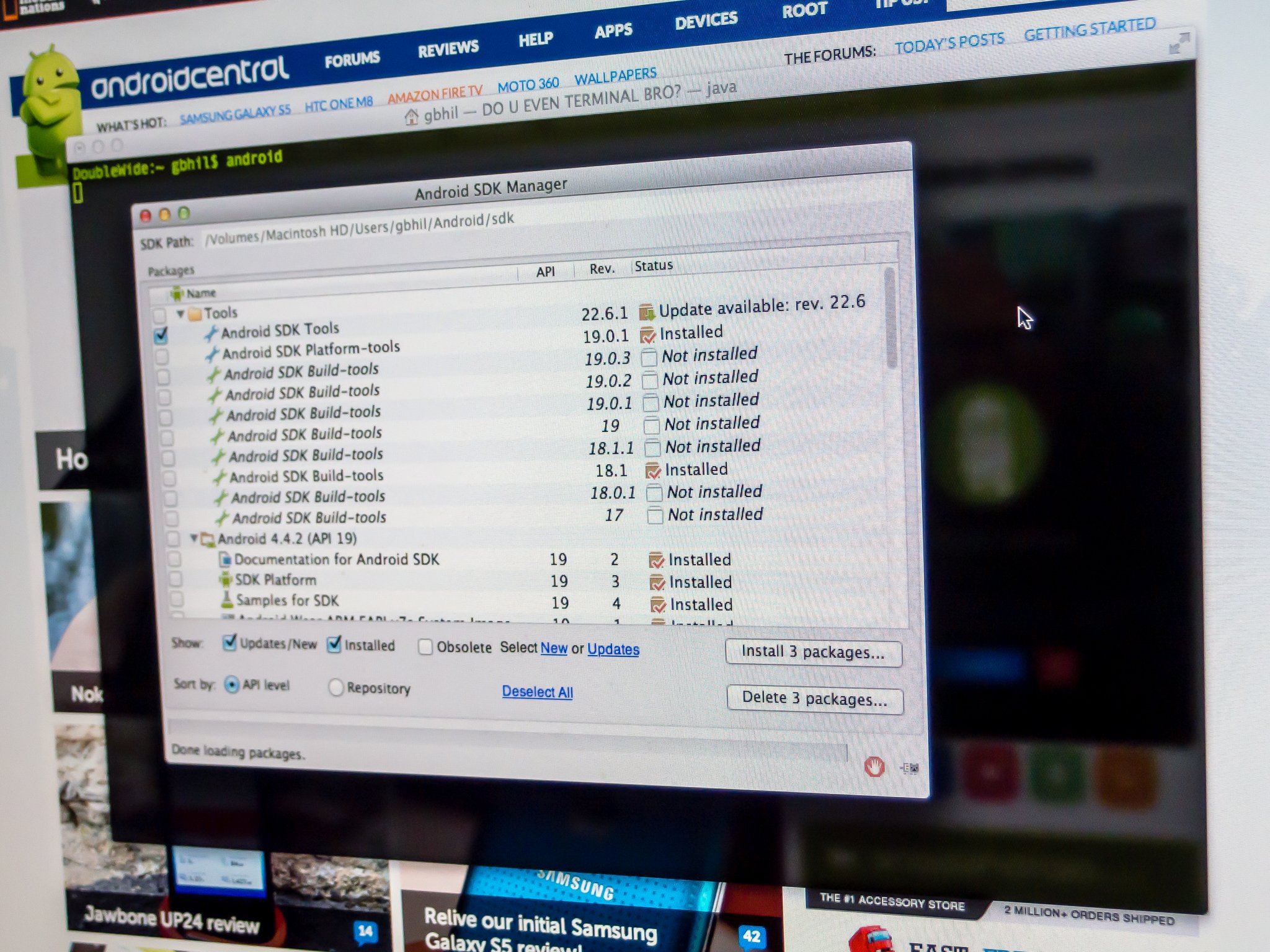You can download the Xcode command-line tools in either of two ways:
To install the necessary Xcode tools using Xcode on the Mac:
- Start Xcode on the Mac.
- Choose Preferences from the Xcode menu.
- In the General panel, click Downloads.
- On the Downloads window, choose the Components tab.
- Click the Install button next to Command Line Tools.
- You are asked for your Apple Developer login during the install process.
To install the necessary Xcode tools from the Web:
You can download the Xcode command line tools directly from the developer portal as a .dmg file.
With developer tools, design and build apps and manage projects. See our tips on the best tools to make a development project go smoothly. Mac OS X development environment. Homebrew, iTerm2, and Visual Studio Code are probably your best bets out of the 31 options considered. 'Quick access to a large repository of open source software' is the primary reason people pick Homebrew over the competition. This page is powered by a knowledgeable community that helps you make an informed decision.
- Learn about the key features available in Xcode, the integrated development environment for building apps for Mac, iPhone, iPad, Apple Watch, and Apple TV.
- Explore the best Developer Tools software for Mac. Browse our catalog of over 50 000 mac apps. MacUpdate is serving app downloads since 1997.
- Creo is a development tool for mobile applications that aims to bring design and coding related tasks under the same roof. The utility enables you to create and customize the app’s layout while also providing support for object-based programming. Design the user interface for your mobile projects.
- On the Mac, go to https://developer.apple.com/downloads/index.action
- You are asked for your Apple Developer login during the install process.
- On the 'Downloads for Apple Developers' list, select the Command Line Tools entry that you want.
See Also
NVIDIA® CUDA Toolkit 11.0 no longer supports development or running applications on macOS. While there are no tools which use macOS as a target environment, NVIDIA is making macOS host versions of these tools that you can launch profiling and debugging sessions on supported target platforms.
You may download all these tools here. Note that the Nsight tools provide the ability to download these macOS host versions on their respective product pages.
Please visit each tool's overview page for more information about the tool and its supported target platforms.
The macOS host tools provided are:
- Nsight Systems - a system profiler and timeline trace tool supporting Pascal and newer GPUs
- Nsight Compute - a CUDA kernel profiler supporting Volta and new GPUs
- Visual Profiler - a CUDA kernel and system profiler and timeline trace tool supporting older GPUs (see installation instructions, below)
- cuda-gdb - a GPU and CPU CUDA application debugger (see installation instructions, below)
Instructions for installing cuda-gdb on the macOS
- This tar archive holds the distribution of the CUDA 11.0 cuda-gdb debugger front-end for macOS.
Native macOS debugging is not supported in this release. Remote debugging from a macOS host to other CUDA enabled targets, however, is supported.

- To install:
- Create an installation directory
- INSTALL_DIR=$HOME/cuda-gdb-darwin-11.0
mkdir $INSTALL_DIR
cd $INSTALL_DIR - Download the cuda-gdb-darwin-11.0.tar.gz tar archive into $INSTALL_DIR above
- Unpack the tar archive
- tar fxvz cuda-gdb-darwin-11.0.tar.gz
- Add the bin directory to your path
- PATH=$INSTALL_DIR/bin:$PATH
- Run cuda-gdb --version to confirm you're picking up the correct binaries
- cuda-gdb --version
- Double click .dmg file to mount it and access it in finder.
- Drag nvvp folder and drop it to any location you want (say <nvvp_mac>).
Directory Structure:- |--nvvp
|--bin/
|--lib64/
|--libnvvp/ - Download and install the required version of JDK.
(Refer to the Notes about JRE Requirements when using Visual Profiler on the macOS section, below) - Open terminal.
- Change to the bin folder
- > cd <nvvp_mac>/nvvp/bin
- Run nvvp script file in command line
- > ./nvvp -vm <path_to_java>
- For example:
> ./nvvp -vm /Library/Java/JavaVirtualMachines/zulu-8.jdk/Contents/Home/jre/bin/java - Remote profiling
- Import nvprof output files
- Download version: 8u144-b01 (Zulu: 8.23.0.3) .dmg.zip.tar.gz
- Download version: Zulu 8.23.0.3 (build 1.8.0_144-b01 .zip
You should see the following output:
- NVIDIA (R) CUDA Debugger
11.0 release
Portions Copyright (C) 2007-2020 NVIDIA Corporation
GNU gdb (GDB) 8.2
Copyright (C) 2018 Free Software Foundation, Inc.
License GPLv3+: GNU GPL version 3 or later
- Steps to install:
Mac Os Developer Tools
- Steps to run:
- Summary of supported features:
- Refer the 'Visual Profiler' section in the 'Profiler User's Guide'
for more information:
- https://docs.nvidia.com/cuda/profiler-users-guide/index.html#visual
Development Tools For Managers

Notes about JRE Requirements when using Visual Profiler on the macOS

- OpenJDK provides an open-source (and standards compliant) implementation of a Java compliant JVM.
Binaries are provided by various vendors such as Oracle, Azul Systems (Zulu), Amazon, Red Hat, IBM, etc.
- Visual Profiler needs to use an older version of Java, specifically JRE update 151, to work correctly.
This is currently not offered by Oracle JDK but is provided by Azul Systems (Zulu).
Best Mac For Development
- The Bazel Build project also uses the Zulu builds of OpenJDK.
Development Tool Machine Learning
- Download JDK 8.0.144 to get JRE update 151:
